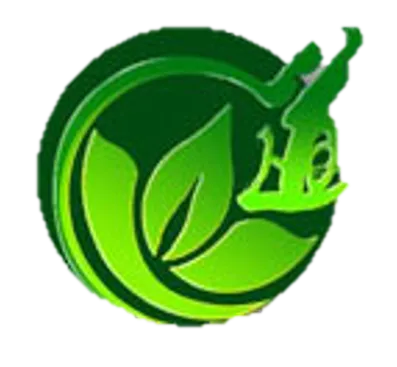Premature beat
Understanding Premature Heartbeats: A Chinese and Western Medicine Perspective
Calming the Heart Rhythm Naturally and Holistically
A premature heartbeat—also known as a premature contraction or extrasystole—occurs when the heart beats earlier than expected, disrupting the regular rhythm. While often harmless and temporary, frequent premature beats can cause discomfort, anxiety, or be a sign of underlying imbalance in the body.In Western medicine, premature beats are classified as:
Premature Atrial Contractions (PACs) – early beats from the atria
Premature Ventricular Contractions (PVCs) – early beats from the ventricles
While conventional care may involve monitoring, medications, or avoiding triggers, Traditional Chinese Medicine (TCM) focuses on rebalancing the body’s energy systems—particularly the Heart, Liver, and Kidney meridians—to restore a healthy, steady rhythm.
🔹 Symptoms of Premature Heartbeats
A “skipped” or “extra” beat sensation
Fluttering or pounding in the chestA pause or thud feeling after the premature beat
Occasional dizziness or chest tightness
Often triggered by stress, fatigue, caffeine, alcohol, or anxiety
May be felt at rest or during moments of stillness
🔹 How TCM Understands Premature Beats
In TCM, premature beats are generally classified under “Xin Ji” (Heart Palpitations). They are seen as signs of disharmony in the Heart system, often involving the Shen (mind/spirit) and internal organ imbalances.Common TCM patterns include:
Heart Qi Deficiency → Light palpitations, fatigue, shortness of breath, weak voice, spontaneous sweating
Heart Yin Deficiency → Palpitations worse at night, insomnia, dry mouth, night sweats, restlessness
Heart Blood Deficiency → Dizziness, poor concentration, vivid dreams, pale complexion
Phlegm and Damp Obstruction → Sensation of fullness in the chest, foggy thinking, thick tongue coating
Liver Qi Stagnation disturbing the Heart → Emotional tension, irregular beats triggered by stress or anger
Kidney-Heart Disharmony → Premature beats with fear, anxiety, low back soreness, and poor sleep
The goal of TCM is to calm the Shen, nourish the Heart, regulate Qi and Blood, and address emotional, hormonal, or lifestyle contributors.
🌿 How Chinese Medicine Helps with Premature Heartbeats
✅ Acupuncture
Acupuncture helps by:
Regulating the autonomic nervous system
Calming the mind and heart
Supporting blood flow and Heart function
Reducing anxiety, stress, and insomnia (common triggers)
✅ Herbal Medicine
TCM formulas are personalized to the individual and may:
Nourish Heart Qi, Blood, or Yin
Clear Heat and resolve Phlegm
Anchor the Shen (spirit) and stabilize rhythm
Regulate Liver and Kidney balance
✅ Diet & Lifestyle Support
TCM encourages gentle lifestyle adjustments to protect the Heart:
Avoid caffeine, alcohol, and stimulants
Eat regular, warm, nourishing meals
Prioritize sleep and emotional balance
Incorporate stress-reducing practices like meditation, tai chi, or slow walking
✅Self-Consistent Medicine System
In our clinic, we apply Dr. Pan Xiaochuan’s Self-Consistent Medicine System, using pulse diagnosis and time-based herbal prescriptions (morning/evening) to:
Regulate daily heart rhythm patterns
Reduce emotional sensitivity triggering irregular beats
Support long-term nervous system and cardiovascular health
💬 Steady the Heart, Calm the Spirit
Even if your premature beats are “benign,” the discomfort and anxiety they cause are very real. Chinese medicine offers a safe, non-invasive, and personalized path to restore your heart’s rhythm by treating not just the symptoms, but the whole person.Whether your palpitations are occasional or frequent, we’re here to help you find relief—gently, naturally, and in harmony with your body.
